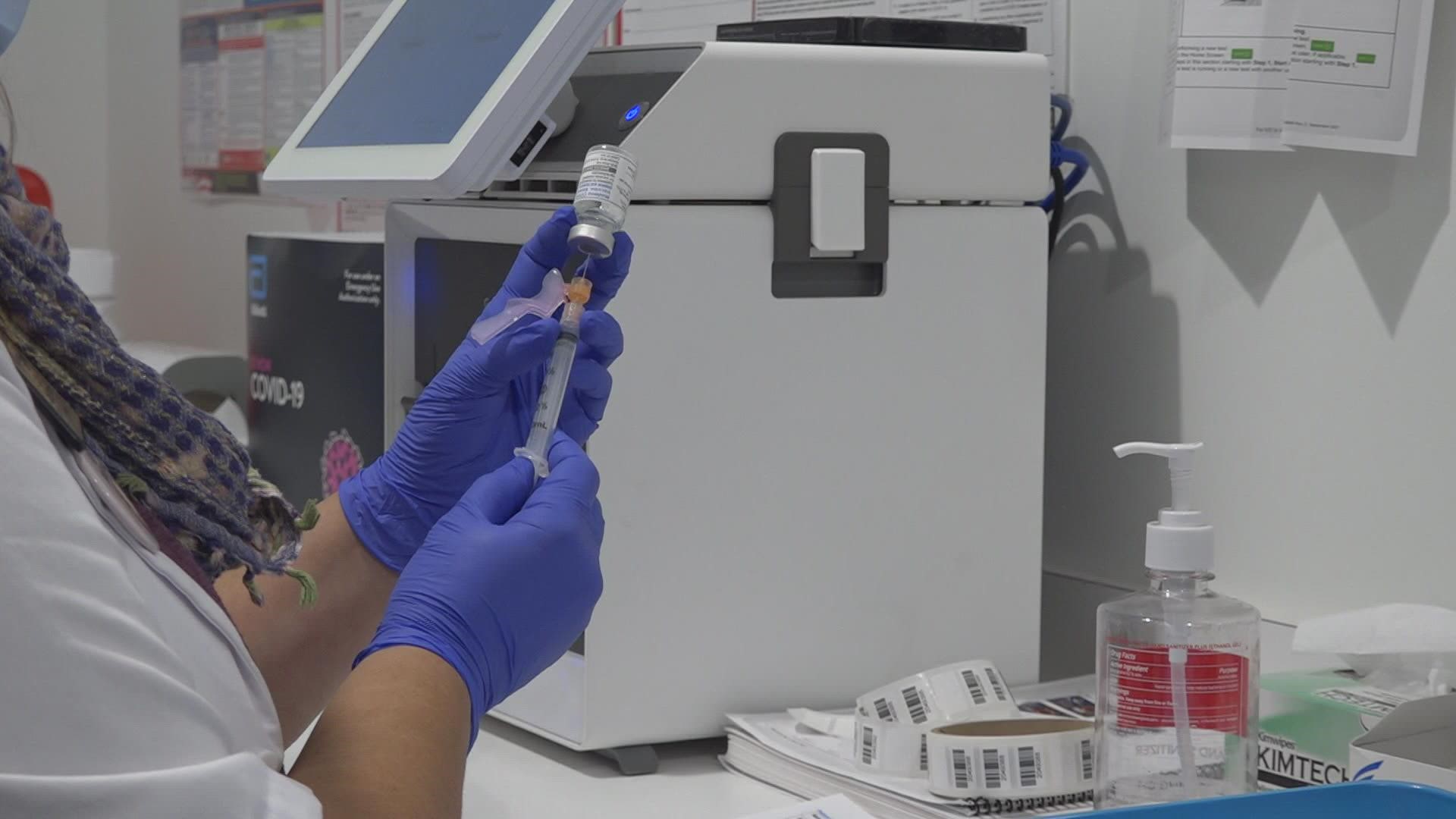CALIFORNIA, USA — There were more than 5,000 cases of COVID in Sacramento County this time last year. The omicron variant of the virus was mostly to blame.
Now, a year later, Sacramento County Public Health says the area is back at a medium level of transmission to start the new year. The CDC recently announced a new omicron subvariant, XBB.1.5.
ABC10 Health Expert Dr. Payal Kohli says the new generation of subvariants are the most immune evasive variants doctors have seen.
"They're outsmarting the immune system, which is also changing some of the treatments that we can use for COVID. Up until now, we had been using antibody treatments and monoclonal antibodies. The FDA has now officially revoked authorization of every single monoclonal antibody treatment because they just don't work anymore," said Kohli.
It's why doctors stress the importance of boosters. Kohli said the current booster offers some cross-protection for the new subvariants that are popping up, but it might not be best for people who have a symptomatic infection. You might have a breakthrough case of COVID but still, the severity of the illness will be lessened with this protection.
"What we're seeing in terms of the trajectory of Omicron suggests that it might be every about six or 12 months that we might have to get essentially a new booster. Now the flip side of this is you don't want to boost too often because you can have a phenomenon of what's called immune fatigue where you're exhausting your immune system by activating it a little bit too much, and so you're paradoxically actually reducing your antibody responses, and your protection, so it's really a balancing act," said Kohli.
She predicts everyone will need an annual booster much like the flu vaccine. When asked if COVID will ever be treated like the common cold, Kohli said it could happen.
"We really have to understand a little bit more about long COVID because we're seeing even with Omicron, a lot of people ending up with long COVID which can have consequences for the rest of your life as well as consequences of the acute infection that are more than just a common cold. You can get inflammation of the heart, the blood vessels can get blood clots, all of those types of things that we don't normally see with the common cold," said Kohli. "I think if the virus continues to get weaker, so to speak, in order to propagate itself, which sometimes viruses do and it really does become just like a common cold, it'll get to the point where we don't have to necessarily isolate, but at this point, when the contagiousness is so high and the consequences of having long term sequela that won't go away are very high, it becomes a public health reason for why we want to isolate when you get sick."
Watch more on ABC10: What to know about Age-Related Macular Degeneration



















